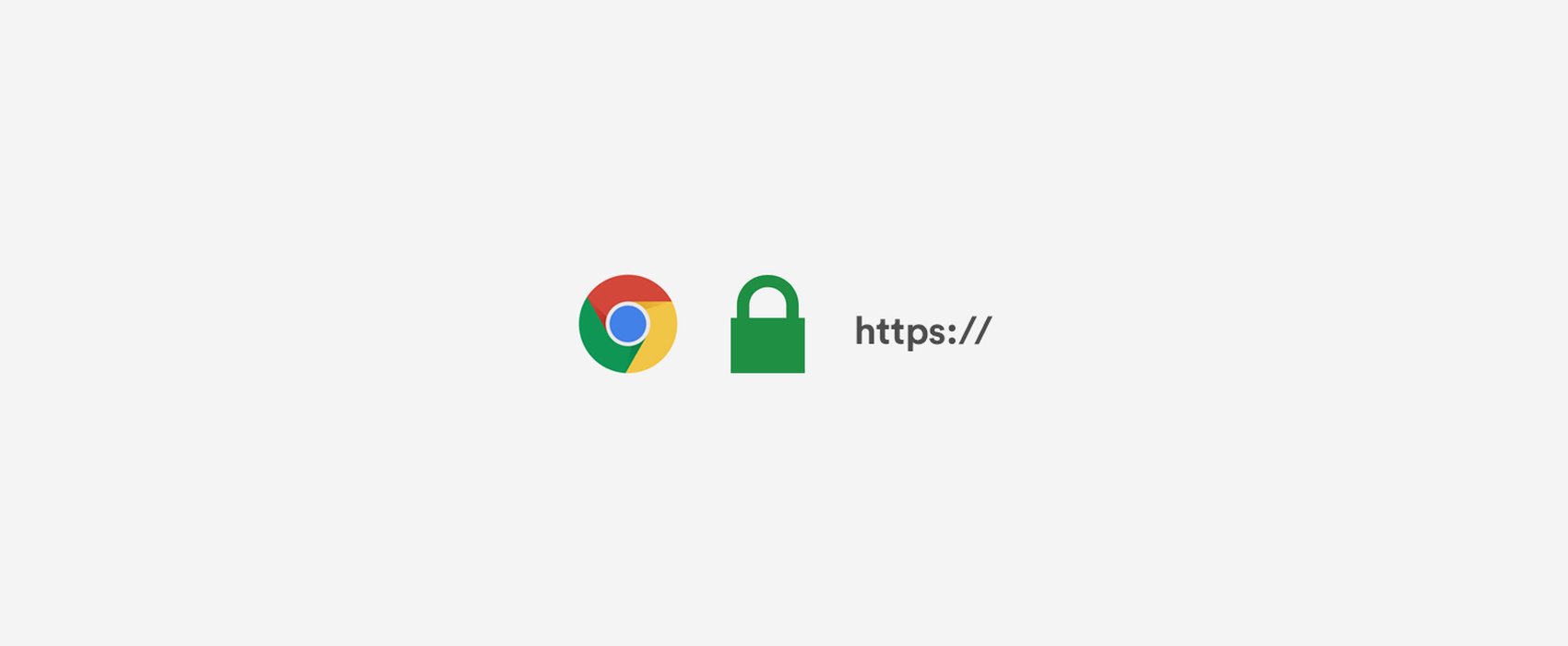
16 Qer Shfletuesi Chrome do të shënojë faqet jo-HTTPS si ‘jo të sigurta’
Pas shumë vitesh, Google do të identifikojë faqet e internetit të pa sigurta në shfletuesin Google Chrome duke filluar nga mesi i verës së këtij viti. Korrik 2018, do të jetë muaji i ndryshimeve të mëdha për Google. Në fillim të këtij muaji, Google prezantoi Përditësimin e Shpejtësisë i cili do të nis në filim të Korrikut, duke shënuar kështu të gjitha faqet e internetit që nuk kanë kryer migrimin në HTTPS si faqe jo të sigurta.
Ky ndryshim vjen me prezantimin e Chrome 68. Tashmë për cdo biznes që ka një faqe interneti është e domosdoshme të shikojnë me kujdes Shpejtësinë dhe HTTPS si faktorë të rëndësishëm për përdorueshmërinë dhe SEO.
Google ka shumë vite që përpiqet të detyrojë zhvilluesit e faqeve të ndryshojnë nga http në https. Sipas statistikave të tyre kjo fushatë ka rezultuar e suksesshme:
Rreth 68% e trafikut të Chrome në Android dhe Windows tashmë është i mbrojtur
Rreth 78% e trafikut të Chrome në Chrome OS dhe Mac është i mbrojtur
81 nga 100 faqe interneti tashmë përdorin HTTPS
Në varësi të madhësisë së një faqeje dhe qëllimit të saj, migrimi nga HTTP në HTTPS mund të jetë disi i gjatë. Dhe pse disa raste është i shpejtë dhe jo shumë i lodhshëm. Por ne këshillojmë të migroni sa më shpejt të jetë e mundur nëse keni një faqe interneti me HTTP. Dhe nëse po konsideroni ndërtimin e një faqeje të re, pajiseni atë me një SSL që në ditën e parë për të patur një faqe totalisht të sigurtë.
Bëjini vetes këtë pyetje, nëse jeni duke vizituar një faqe interneti dhe ju shfaqet mesazhi i cili thot ” Kjo faqe interneti nuk është e sigurtë ” do të klikonit pranoj dhe të vazhdonit apo do të mbyllnit dritaren dhe do të vizitonit një faqe tjetër?. Nëse do të vazhdonit në atë faqe, do të ishit të qetë teksa vendosni kredencialet personale apo informacione të kartës së kreditit për të blerë online?
Ne kujdesemi për pajisjen me SSL dhe instalimin për cdo faqe interneti të re apo të vjetër. Na kontaktoni për cdo informacion që dëshironi.





Sorry, the comment form is closed at this time.